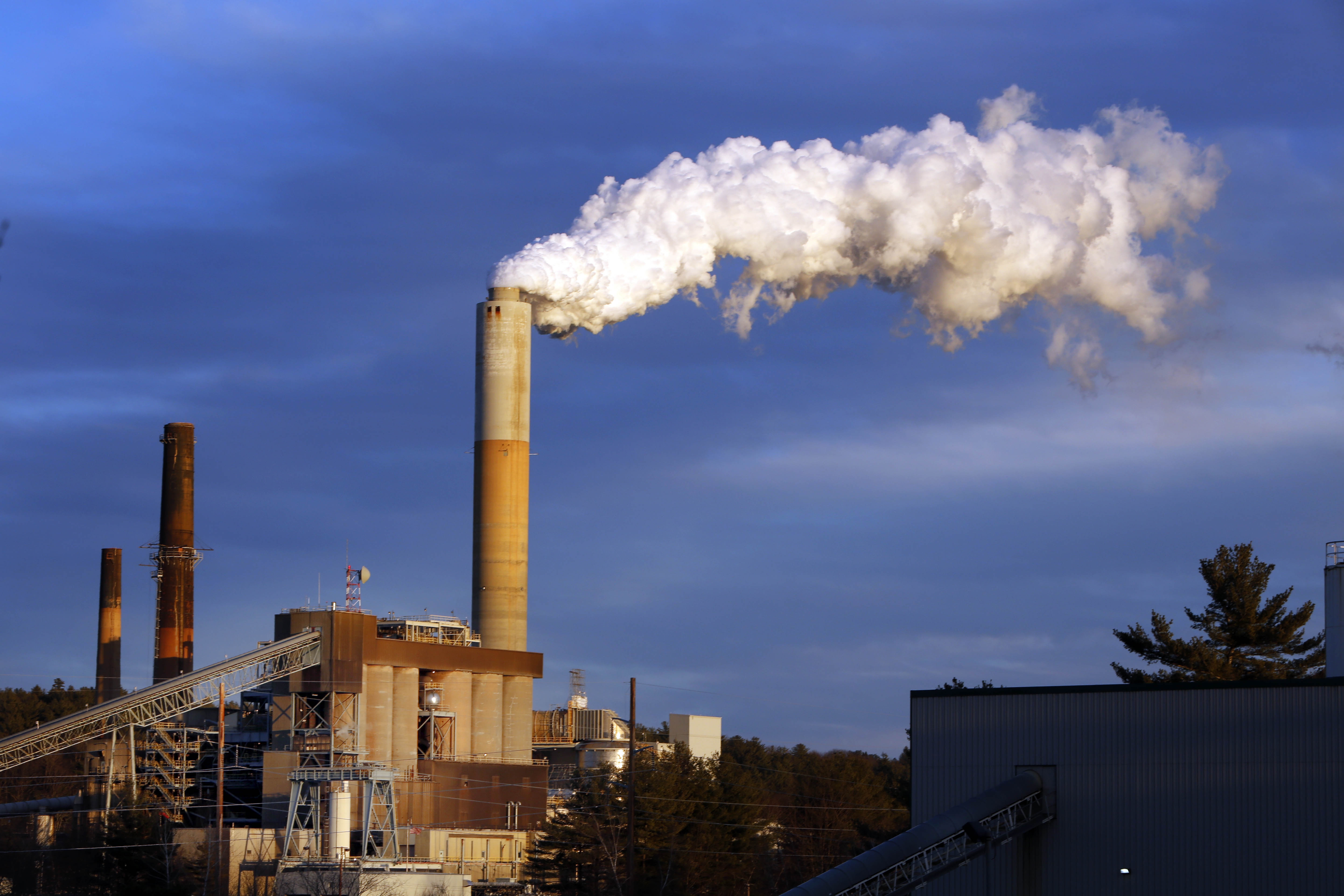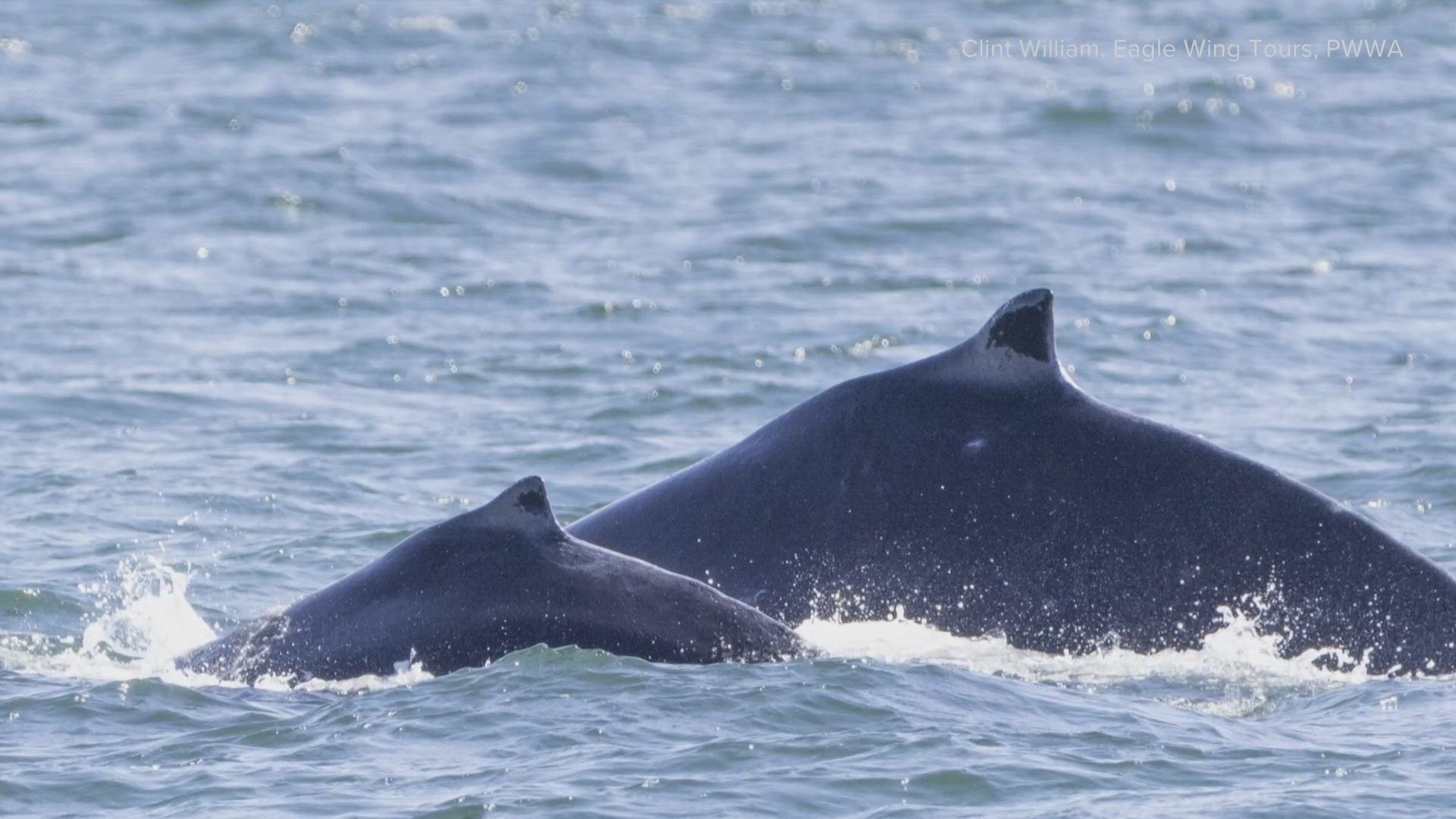SEATTLE -- A group of Washington utility companies is suing the Department of Ecology and Director Maia Bellon over the recently introduced Clean Air Rule.
Puget Sound Energy, Northwest Natural Gas Company, Cascade Natural Gas and Avista Corporation filed suit a few days ago, claiming the Clean Air Rule (CAR) “discriminates against interstate commerce, regulates extraterritorially, and unduly burdens interstate commerce, all of which deprive Plaintiffs of rights, privileges, or immunities secured by the Constitution and laws.”
The lawsuit alleges the energy companies “play key roles in the Washington state energy sector and will all be injured by the restrictions on interstate commerce imposed by CAR.”
Department of Ecology officials began work on the rule in September 2015 at the direction of Gov. Inslee. They were aware lawsuits could follow, and at one point after releasing an initial draft, decided to withdrawal it due, in part, to such concerns.
“Stakeholders mentioned many times they would be pursuing legal action, we expected that to happen,” said Special Assistant on Climate Change Policy Sarah Rees. “We believe it will stand up to legal scrutiny.”
The Clean Air Rule covers about two-thirds of the state’s greenhouse gas emissions, which is 62.4 million metric tons.
The Plaintiffs in the lawsuit are responsible for approximately 7.1 million metric tons, or about 11%.
The CAR covers natural gas distributors, petroleum fuel producers and importers, power plants, metal manufacturers, waste facilities, and state and federal facilities. They will need to show their emissions are declining by an average of 1.7 percent a year starting in 2017.
Under the new rule, businesses that are responsible for 100,000 metric tons of carbon pollution annually will be required to cap and then gradually reduce their emissions. If that’s not possible, there are the following options: develop a project that reduces carbon pollution in Washington; buy carbon credits from others or from other approved carbon markets.
At the heart of the legal brief is whether the utilities should be able to purchase emission reduction units (ERUs) through out of state programs. ERUs allow utilities to comply with the CAR by purchasing credits from greenhouse gas off-setting programs if they are unable to fully reach their mandated emission reduction.
The lawsuit claims there are not enough ERUs available for the utilities to comply with the CAR, which may drive them to seek less clean energy out of state. The utilities may even pass added cost to customers.
Andrea Rodgers with the Western Environmental Law Center sent KING the following statement:
"We completely agree with Avista and the other plaintiffs that Ecology should not allow the use of offsets to come into compliance with the Clean Air Rule. We don’t agree that Ecology is prohibited from doing so by the U.S. Constitution. For other reasons, both legal and moral, it is improper for Ecology not to require the polluters, who produce, transport and sell natural gas for profit, to be responsible for reducing the emissions they cause. The court in our case made it very clear that Ecology has the legal authority to mandate the reduction of greenhouse gas emissions and we are still waiting for Ecology to exercise that authority in a manner required by best available science."
The Sierra Club has also expressed disappointment in the utility companies.
"We have to make progress. We tried in the legislature and it failed. Now we have to do it administratively. The Governor is working with very few tools, with limited tools. He's doing the best he can with limited jurisdiction from an administrative rule. So, he's making progress," Doug Howell said. "It's very disappointing to see Avista say, 'This is not the right path. We have to do it federally.'"
The four utilities support a national solution to greenhouse gas reduction, not a statewide action. Their media relations departments forwarded a statement to KING 5, that reads in part:
"The CAR rule-making process will have the unintended consequence of increasing carbon emissions while penalizing customers for using clean efficient natural gas."
After a year's worth of collaboration, Rees disagrees and says Ecology took stakeholder concerns very seriously. They believe the CAR will stand up in court, and the change it requires must come for Washington's future.
“This rule is a really important step in addressing climate change in this state,” Rees said. “It is the first economy wide cap on carbon emissions. We think it’s a really important step forward. It’s one piece of the puzzle but it’s a really important step.”


